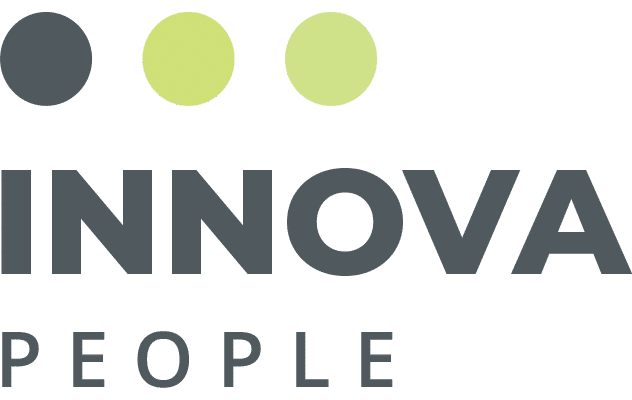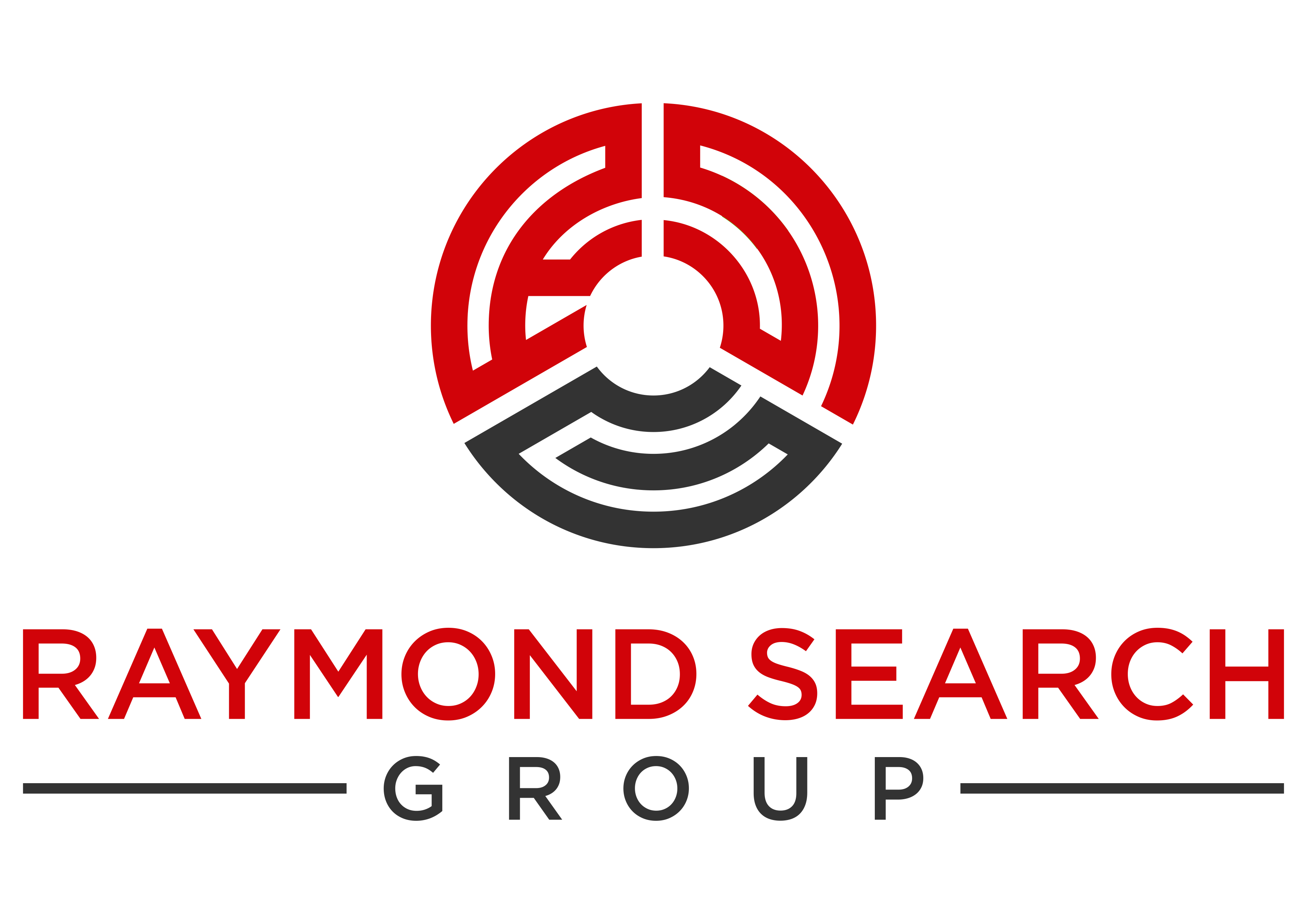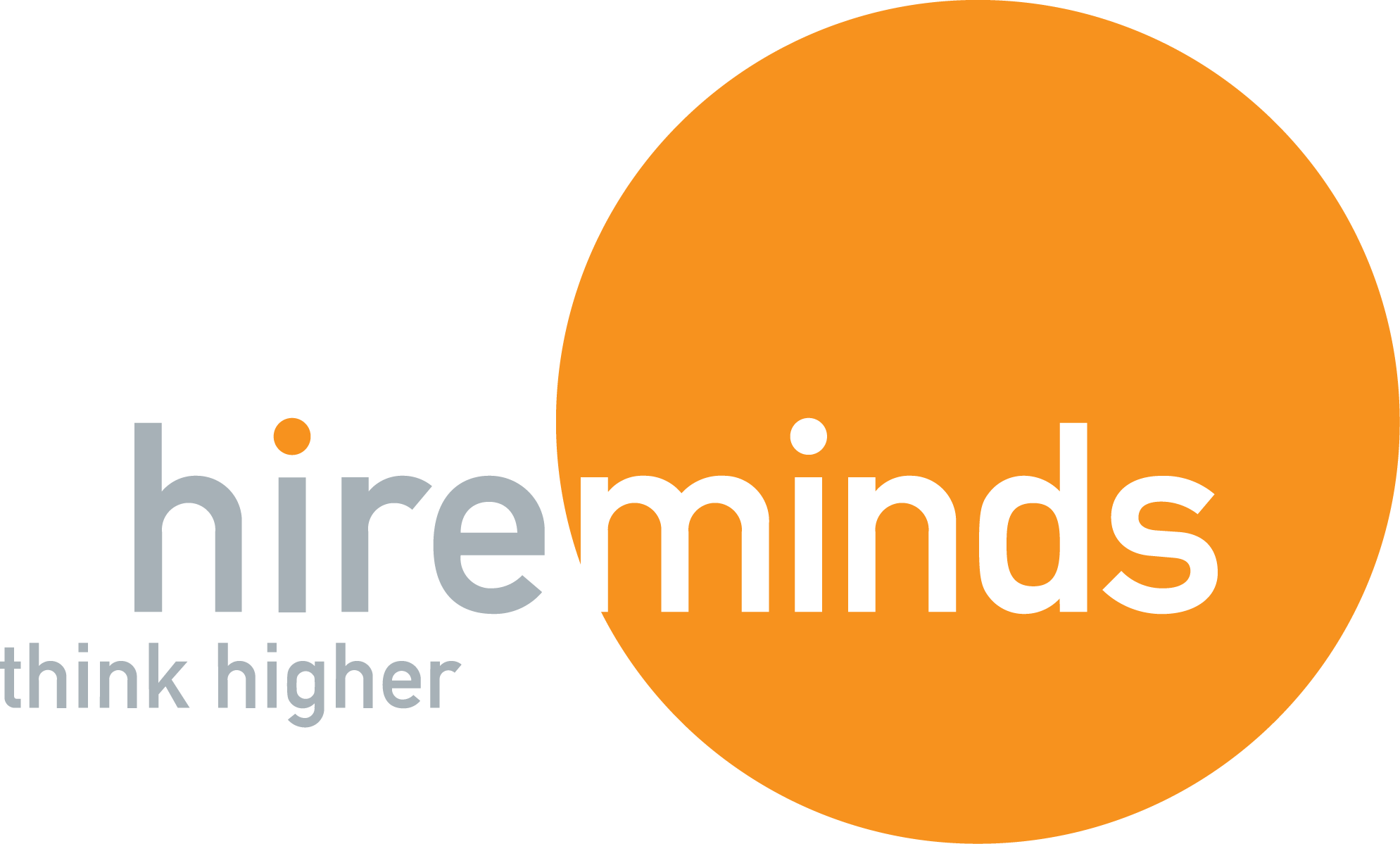
In the fast-paced world of recruiting, technical skills and qualifications are often at the forefront of candidate evaluations. However, the importance of emotional intelligence (EI) in the hiring process cannot be overstated. EI, which encompasses the ability to recognize, understand, and manage one’s own emotions and the emotions of others, plays a crucial role in building strong relationships, fostering teamwork, and making effective hiring decisions. As a hiring manager, understanding and leveraging EI can lead to more successful hires and a more cohesive workplace culture. Let’s delve into why EI matters in recruiting and how you can incorporate it into your hiring practices.
Why Emotional Intelligence Matters in Recruiting
Enhanced Candidate Assessment: Beyond technical skills and qualifications, EI allows hiring managers to assess a candidate’s interpersonal skills, self-awareness, empathy, and ability to handle stress and conflict. These traits are critical for success in collaborative work environments.
Improved Team Dynamics: Hiring candidates with high EI can contribute to a positive and supportive team culture. They are more likely to communicate effectively, resolve conflicts constructively, and collaborate productively with colleagues.
Better Client and Candidate Relationships: Recruiting often involves building relationships with clients and candidates. Professionals with high EI can establish rapport more easily, understand client needs deeply, and navigate negotiations and objections more effectively.
Leadership Potential: EI is a key predictor of leadership success. Leaders with high EI can inspire and motivate their teams, manage change effectively, and make decisions that consider both business objectives and employee well-being.
Adaptability and Resilience: In a dynamic and uncertain business environment, EI helps individuals adapt to change, remain resilient in the face of challenges, and maintain a positive attitude, which are invaluable qualities for employees and leaders alike.
Incorporating Emotional Intelligence into Hiring Practices
Define EI Competencies: Identify the EI competencies that are most relevant to your organization and the specific roles you are hiring for. These may include empathy, self-awareness, relationship management, conflict resolution, and resilience.
Behavioral Interview Questions: Develop behavioral interview questions that assess candidates’ EI competencies. Ask candidates to provide specific examples of how they have demonstrated empathy, handled conflict, or managed stress in previous roles.
EI Assessment Tools: Consider using EI assessment tools or psychometric tests to evaluate candidates’ emotional intelligence. These tools can provide insights into candidates’ strengths and areas for development related to EI.
Role-Play Scenarios: During the interview process, incorporate role-play scenarios that simulate real-world situations requiring EI skills. Observe how candidates respond to challenges, communicate with others, and navigate interpersonal dynamics.
Reference Checks: During reference checks, inquire about candidates’ EI competencies from previous employers or colleagues. Ask specific questions about their communication style, ability to collaborate, and approach to handling conflicts.
Cultivating Emotional Intelligence in Your Organization
Training and Development: Offer training programs and workshops focused on developing EI skills for current employees and leaders. Provide tools and resources to help them enhance self-awareness, empathy, and relationship management.
Lead by Example: Leadership sets the tone for organizational culture. Encourage leaders to demonstrate and prioritize EI in their interactions with employees, clients, and stakeholders.
Feedback and Coaching: Provide regular feedback and coaching to employees on their EI strengths and areas for improvement. Encourage open communication and create a safe space for employees to discuss emotions and challenges.
Promote Psychological Safety: Foster a culture of psychological safety where employees feel comfortable expressing their emotions, sharing feedback, and admitting mistakes without fear of judgment or reprisal.
Measure and Monitor Progress: Track the impact of EI initiatives on employee engagement, team collaboration, and organizational performance. Use feedback surveys and performance metrics to assess the effectiveness of EI development efforts.
Emotional intelligence is a powerful asset in recruiting that goes beyond technical skills and qualifications. By prioritizing EI in your hiring practices, you can build a more cohesive and resilient team, strengthen client relationships, and cultivate a positive workplace culture. As you integrate EI into your recruiting strategy, remember that it’s not just about finding candidates who tick all the technical boxes but also about identifying individuals who bring emotional intelligence and interpersonal skills that contribute to long-term success. Start leveraging EI in your recruiting process today and unlock the full potential of your organization’s human capital.





